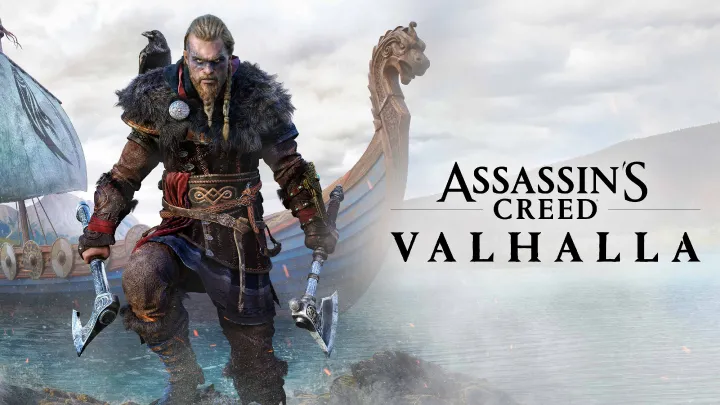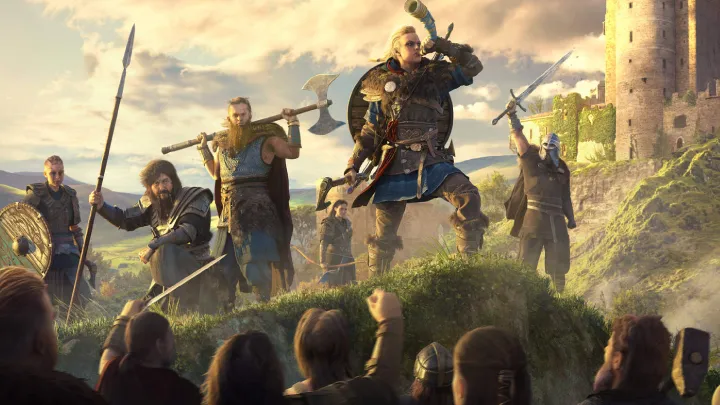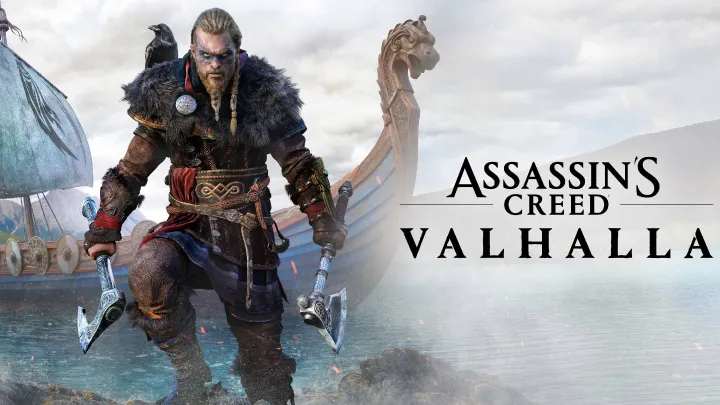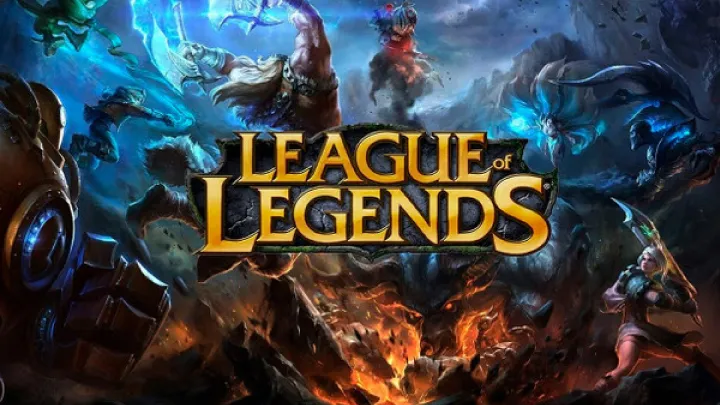
Assassin's Creed Valhalla, released in 2020 by Ubisoft, takes players on a journey through the tumultuous world of Viking raids in 9th-century England. The game invites players to step into the shoes of Eivor, a fierce Norse warrior navigating the complexities of identity, loyalty, and culture in a rapidly changing world. One of the most compelling themes explored in Valhalla is the struggle for personal and cultural identity in the face of historical upheaval. This article will delve deeply into this theme, examining how Valhalla’s narrative, gameplay mechanics, and character interactions reflect the complexities of identity formation amidst the backdrop of conquest and colonization.
The Historical Context: Vikings in England
The Era of Viking Expansion
Assassin's Creed Valhalla is set during the Viking Age, a period characterized by exploration, conquest, and cultural exchange. The game explores the history of Viking raids in England, showcasing the impact of Norse culture on the British Isles. This context is integral to understanding the motivations of Eivor and the broader themes of identity that permeate the narrative.
The Vikings were not just warriors; they were also traders, settlers, and explorers. Their interactions with the cultures they encountered shaped their identities and, in many cases, led to the blending of traditions. Valhalla captures this complexity, presenting players with a world where cultural exchange is both a source of conflict and a pathway to understanding.
Cultural Identity and Conflict
As Eivor navigates England, she encounters various cultures, each with its own customs, beliefs, and conflicts. The game highlights the tension between the Norse way of life and the Anglo-Saxon traditions, forcing Eivor to confront her own sense of identity. This clash of cultures serves as a backdrop for the narrative, emphasizing the complexities of belonging and loyalty.
Eivor’s journey is not merely about conquest; it is also about understanding and reconciling different identities. The choices players make throughout the game reflect this struggle, as Eivor must navigate her loyalty to her clan while engaging with the cultures of her enemies. This exploration of cultural identity is a central theme that resonates throughout Valhalla.
The Duality of Identity: Eivor’s Journey
Eivor’s Background and Motivations
Eivor, raised as a warrior in a clan that values strength and honor, embodies the duality of identity central to the game’s narrative. Players are introduced to her as a fierce fighter, but her character is imbued with deeper complexities. Eivor grapples with her past, particularly the loss of her family and the expectations placed upon her as a leader.
The game allows players to define Eivor’s personality through dialogue choices, which can lead to different outcomes in relationships and story arcs. This customization of identity emphasizes the theme that identity is not fixed; rather, it is shaped by experiences, choices, and interactions with others. Eivor’s journey becomes a reflection of the broader struggle for self-discovery in a world filled with external pressures.
The Influence of the Animus and the Present-Day Narrative
In addition to Eivor’s personal journey, Valhalla incorporates the ongoing narrative of the Animus, the device that allows players to explore the memories of their ancestors. This dual narrative structure creates a layered exploration of identity, as players must grapple with the implications of their actions in both the past and the present.
The modern-day storyline introduces Layla Hassan, who is tasked with uncovering the secrets of the Assassins and Templars. Her journey serves as a parallel to Eivor’s, highlighting the ongoing struggle for identity and purpose across generations. This connection between past and present reinforces the idea that identity is influenced by history, memory, and the choices made by those who came before.
The Role of Choices: Shaping Eivor’s Identity
Player Agency in Decision-Making
One of the defining features of Assassin's Creed Valhalla is its emphasis on player choice. Throughout the game, players are presented with decisions that can significantly impact Eivor’s relationships, alliances, and overall narrative. These choices are not merely superficial; they carry weight and consequences that shape Eivor’s identity and the world around her.
For instance, players may choose to forge alliances with various factions, influencing the political landscape of England. These decisions impact not only Eivor’s relationships but also the cultural dynamics of the regions she interacts with. The ability to influence the world through choices reinforces the notion that identity is fluid and shaped by external interactions.
The Consequences of Choices
The consequences of player choices are evident in the relationships Eivor forms with key characters throughout the game. Decisions made during quests can lead to friendships, rivalries, or even betrayals, each of which contributes to Eivor’s evolving identity. For example, choosing to support a particular faction may lead to loyalty from its members, but it could also alienate others, forcing players to consider the ramifications of their actions.
This interconnectedness of choices and identity is a central theme in Valhalla. Players are encouraged to reflect on their decisions and how they shape not only Eivor’s journey but also the broader cultural landscape. The narrative becomes a tapestry of interconnected stories, each influenced by the choices made by Eivor and the players controlling her.
The Influence of Relationships: Allies and Rivals
Building Alliances
As Eivor navigates the complexities of her journey, she encounters a diverse cast of characters, each representing different perspectives and cultures. Building alliances is a crucial aspect of the game, as Eivor must forge connections to strengthen her clan and achieve her goals. These relationships serve as a reflection of Eivor’s evolving identity, showcasing how interactions with others can shape one’s sense of self.
Characters like Sigurd, Eivor’s adoptive brother, and Basim, a skilled assassin, play pivotal roles in her journey. Their relationships add emotional depth to the narrative, as players witness the complexities of loyalty, friendship, and betrayal. The choices made in these relationships impact the course of the story, emphasizing the importance of interpersonal connections in shaping identity.
The Weight of Betrayal
However, relationships in Valhalla are not always straightforward. Betrayal and conflict arise, forcing Eivor to confront the darker aspects of her journey. Characters may shift alliances, revealing the complexities of loyalty in a world defined by power struggles. This exploration of betrayal adds layers to Eivor’s character, challenging her understanding of trust and identity.
The emotional toll of these relationships is profound. Eivor must navigate the pain of loss and betrayal while striving to maintain her sense of self. This struggle reflects the broader theme of identity formation, emphasizing that relationships can both empower and challenge individuals on their journey of self-discovery.
The Cultural Clash: Vikings and Anglo-Saxons
The Viking Perspective
Control of England brings Eivor into direct conflict with the Anglo-Saxon kingdoms, each with its own customs and beliefs. The game presents a nuanced exploration of the Viking perspective, showcasing their motivations, values, and cultural practices. This representation challenges players to consider the complexities of cultural identity in the context of conquest.
The Vikings are depicted as warriors seeking a new home, driven by a desire for prosperity and security. Eivor’s interactions with Anglo-Saxon characters reveal the nuances of their culture, as she navigates a landscape filled with differing values and traditions. This cultural clash serves as a backdrop for Eivor’s journey, emphasizing the significance of understanding and reconciling identities in the face of conflict.
The Anglo-Saxon Response
Conversely, the Anglo-Saxon kingdoms view the Viking incursions as threats to their way of life. As Eivor engages with these cultures, players witness the fear, resentment, and resistance that arise from the clash of identities. The game challenges players to navigate these tensions, prompting them to reflect on the complexities of cultural identity in a world marked by conquest.
This exploration of cultural clash is central to the narrative, as Eivor must confront the consequences of her actions and the impact they have on both Vikings and Anglo-Saxons. The relationships formed during these encounters shape her understanding of identity, emphasizing the importance of empathy and understanding in bridging cultural divides.
The Quest for Legacy: Identity and Memory
The Importance of Legacy
Throughout Assassin's Creed Valhalla, the theme of legacy looms large. Eivor’s actions are not just about her own survival; they are about shaping the future of her clan and preserving their identity. The desire to leave a lasting legacy drives her decisions as she strives to create a better world for those who come after her.
Legacy is intertwined with the concept of memory. The game invites players to consider how actions are remembered and how they shape the identities of future generations. Eivor's journey becomes a reflection of the desire to be remembered not just as a warrior but as a leader who fought for her people and their values.
The Role of Ancestry
The connection to ancestry is a recurring theme in Valhalla. Eivor’s lineage and the legacy of her ancestors inform her choices and shape her identity. Players are invited to consider the impact of the past on the present, emphasizing that identity is not solely an individual construct but is also influenced by the collective history of one’s family and culture.
The game’s narrative encourages players to reflect on their own legacies and the ways in which they want to be remembered. This exploration of identity through the lens of legacy adds depth to Eivor’s journey, reinforcing the idea that personal and cultural identities are intertwined and shaped by the stories of those who came before.
The Final Confrontation: Identity and Resolution
The Climax of Eivor’s Journey
As players progress through the game, they reach a climax that serves as a culmination of Eivor’s journey. The final confrontation with key adversaries forces her to reckon with the choices she has made and the identity she has forged throughout her travels. This moment encapsulates the themes of legacy, betrayal, and self-discovery that have been woven throughout the narrative.
The emotional stakes are high as Eivor confronts the consequences of her actions and the impact they have had on her relationships and her clan. This climax serves as a reflection of her growth, showcasing how her understanding of identity has evolved through her experiences. Players are invited to contemplate the complexity of Eivor’s journey and the way in which her identity has been shaped by the choices she made along the way.
The Resolution of Identity
In the aftermath of the final confrontation, players witness the resolution of Eivor’s journey. The narrative acknowledges the complexities of identity, emphasizing that self-discovery is an ongoing process. Eivor’s experiences have not only shaped her understanding of herself but have also left a lasting impact on those around her.
The conclusion of the game invites players to reflect on the themes of legacy, memory, and the interconnectedness of identity. Eivor’s journey is ultimately a testament to the resilience of the human spirit, highlighting that the quest for identity is a shared experience that transcends time and culture.
Conclusion
Assassin's Creed Valhalla is a masterful exploration of identity, legacy, and cultural conflict in a world marked by turmoil and change. Through Eivor’s journey, players are invited to engage with themes that resonate on both personal and collective levels. The game’s rich narrative, complex characters, and interconnected gameplay mechanics create a profound experience that highlights the importance of understanding one’s identity in the face of external pressures.


















